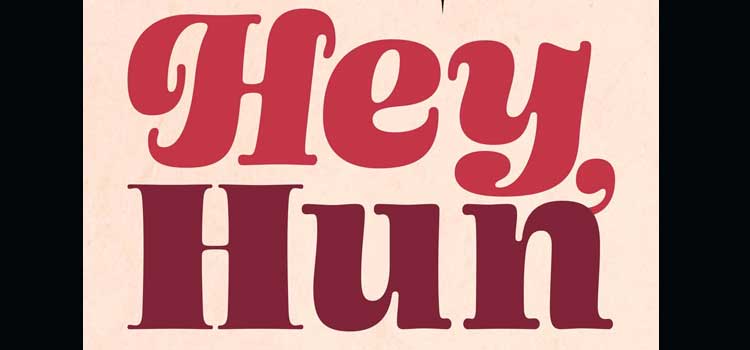Brendan’s Alternate Tagline for Hey, Hun:
Get in line to lose your money!
Quick synopsis:
The story of Emily Lynn Paulson’s journey through the world of MLMs.
Fun Fact for Non-History People:
Between 96 and 99.7% of people who buy into MLMs lose money.
Fact for History Nerds:
Studies have found about 90% of new moms feel lonely and 54% consider themselves friendless. Hey, guess who MLMs target!?
My Take on Hey, Hun:
Hey, hun, I hate MLMs.
I suppose I should identify my own bias before starting this review. I hate MLMs. They take advantage of people (mostly women) who are in various states of distress. They don’t make their lives better and they don’t make them rich. Sure, maybe one or two make some money but the vast majority get caught in a cycle of chasing the money they already lost. I could go on, but it would be easier to just read Hey, Hun by Emily Lynn Paulson.
This book does something a lot of anti-MLM documentaries don’t. This book feels like a day-by-day walk-through of the soul-crushing life of a “consultant” for an MLM. I have not come across something which so thoroughly explains how even the people who seem to be winning in an MLM are still being victimized. Sure, most of us know that MLMs are bad, but did you know the “free” car many of them tout is far from free. Paulson explains how the car, like many of aspects of the glamorous MLM life, are really just another way to lose money.
Another aspect is the emotional manipulation rampant in this culture and how the people within it are often brainwashed and feel trapped when they start to see the light. This may be the most effective part of the narrative. Paulson is not a crusader. She knows and admits openly that she benefited significantly from her experience. However, she actively avoids criticizing the people within MLMs. They are victims and perpetrators. The system is on trial in this book.
There are other less successful narrative threads. We know MLMs are very white. The connection between this and white supremacy is not discussed enough to feel fully fleshed out. The pandemic politics discussion at the end of the book feels a bit rushed and tacked on when it could probably be eliminated entirely. These are minor quibbles when considering how much the book gets right.
(This book was provided as an advance copy by Netgalley and Row House Publishing.)
Verdict:
A great read. Buy it here!


Leave a Reply
You must be logged in to post a comment.